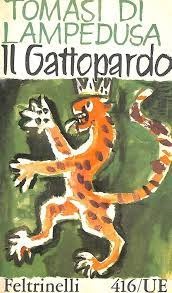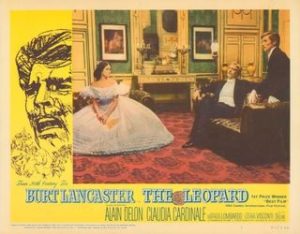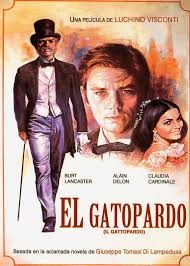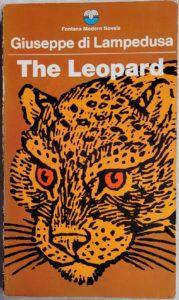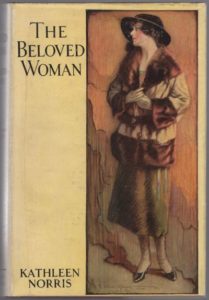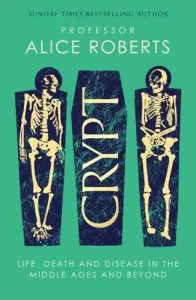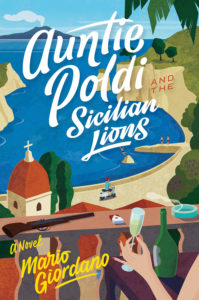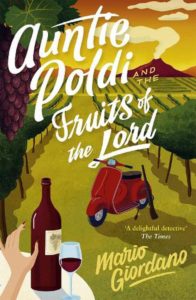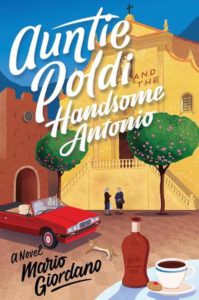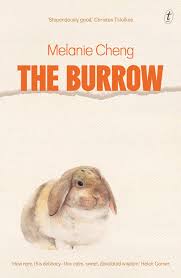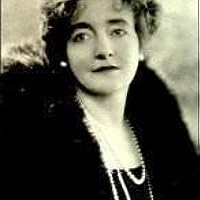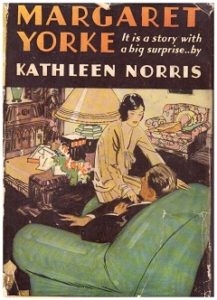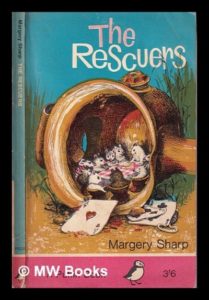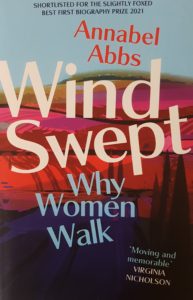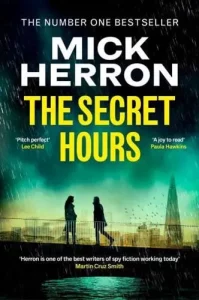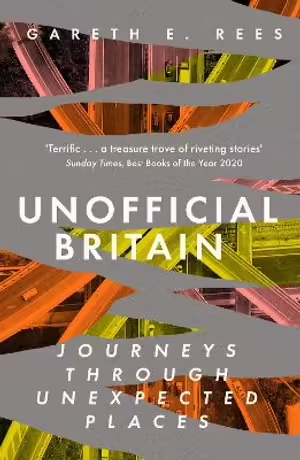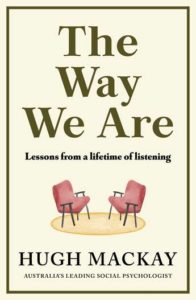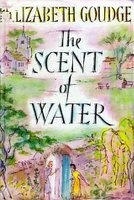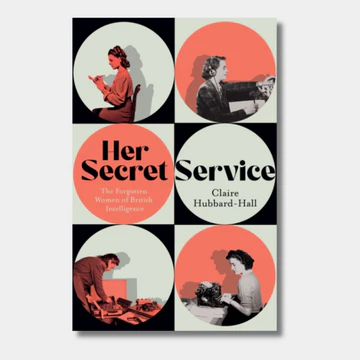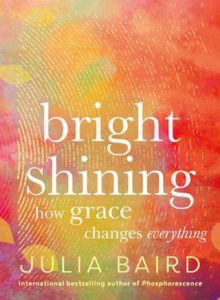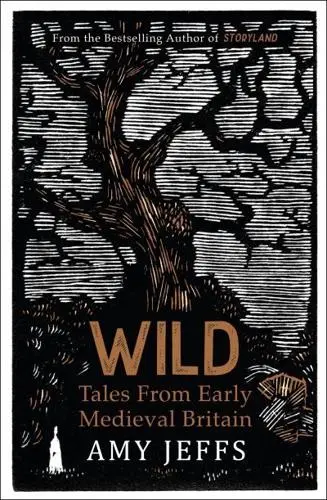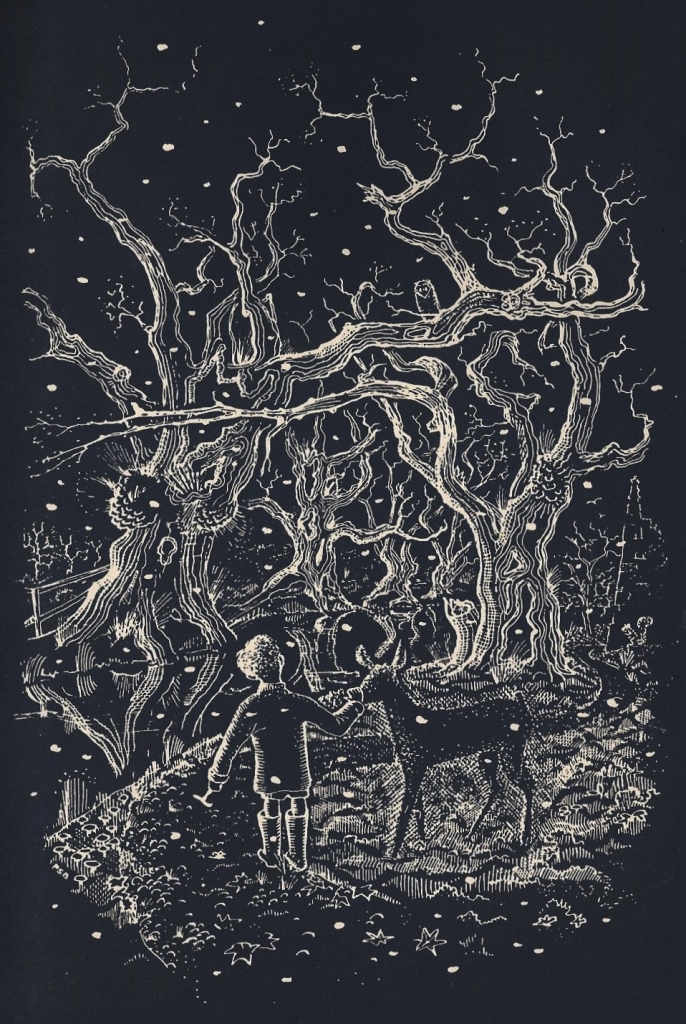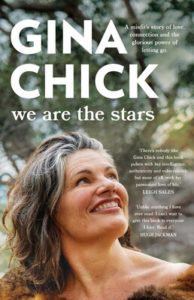 I want to look through the eyes of a bird. Would its world be the same colours as my world? Would everything bend and ripple like a crazy mirror at the fair? Most birds have eyes that face sideways, so they can see predators coming. I must look like a predator to them, with my forward-facing eyes, like a big, featherless owl. I flap my arms, imagining how big my wings would have to be to lift me off the ground. It seems impossible, which it is, because my bones are dense and heavy while birds’ bones are intricate, hollow chambers filled with air. Eagles can telescope their vision to catch prey, which makes them superheroes, better even than Wonder Woman, my favourite. I want an invisible aeroplane, and silver bracelets that can deflect bullets. I want a whip that makes people tell the truth. I’d take it to school and lasso all the girls who bully me and ask them why. Maybe I could lasso the whole universe and make it tell me everything.
I want to look through the eyes of a bird. Would its world be the same colours as my world? Would everything bend and ripple like a crazy mirror at the fair? Most birds have eyes that face sideways, so they can see predators coming. I must look like a predator to them, with my forward-facing eyes, like a big, featherless owl. I flap my arms, imagining how big my wings would have to be to lift me off the ground. It seems impossible, which it is, because my bones are dense and heavy while birds’ bones are intricate, hollow chambers filled with air. Eagles can telescope their vision to catch prey, which makes them superheroes, better even than Wonder Woman, my favourite. I want an invisible aeroplane, and silver bracelets that can deflect bullets. I want a whip that makes people tell the truth. I’d take it to school and lasso all the girls who bully me and ask them why. Maybe I could lasso the whole universe and make it tell me everything.
I was keen to read We Are the Stars because in 2023, Gina Chick was the winner of Alone Australia. If you haven’t watched any of the series of Alone, it’s a reality show, first shown in 2015. Ten participants are dropped at isolated campsites in remote parts of the world. It’s autumn turning to winter; they arrive equipped with a limited number of tools, no food and a camera set-up to film themselves. The aim is to stay in the wild as long as possible, using bushcraft, hunting and survival skills. The other ‘skill’ is the ability to be alone; more than anything else, it seems to be a mind game. There are usually some scary predators, like bears and wolves.
In Tasmania, Gina Chick didn’t have to cope with big carnivores, just the unceasing search for calories, the miserable weather, the dispiriting locale, the dearth of things to kill or forage – and solitude. And she was just the woman for the job. As I discovered from her book, she’s done numerous extremely hard-core (or just hard) courses in survival; she’s strong, fit, not vegetarian, not squeamish and mentally tough. She is a lover of life, in all its forms and manifestations, not seeking to vanquish or dominate nature, but to be part of it. Solitude was not a torment for her, as it is for so many people. I was so pleased that she won; not just because she was a woman, and women – with less body mass and muscle than men – have a harder time with the challenge (only two women have won so far). It was also because she just bloody deserved to win. She was was magnificent.
Well, after reading her book, I still think she’s magnificent. A wild, misfit kid, she grew into an outrageous, sensation-seeking young woman but with an innate need for spiritual meaning and authenticity, over the years she became the woman who weathered 67 days in the bleak Tasmanian wilderness. She’s a free spirit, passionate, creative and more than a little woo woo. I can cope with a bit of woo woo. In fact, I loved Chick’s paeans to nature and the oneness of all beings. And I admired the openness with which she writes about love, vulnerability, illness, pain, death and grief.
Now a vast wave has washed away that sandcastle, swept it into a ceaseless ocean, and all that is left is a smooth beach as far as I can see, wide and white, unmarred by wind or waves; no footprints, no paths, just possibilities. The sea reflects sunlight into showers of brilliant discs. No cloud tears the blue. Silence howls in my blood. I can walk in any direction, but nothing calls me yet. So I pause, like a heron, head cocked; and listen, and wait. That space, that structureless plane of possibility, feels necessary. I know life will call me into action at some point, but for now it feels important to be very, very still and listen to that silence.
My only complaint is that she didn’t touch on Alone. Maybe she has a two-book deal…

